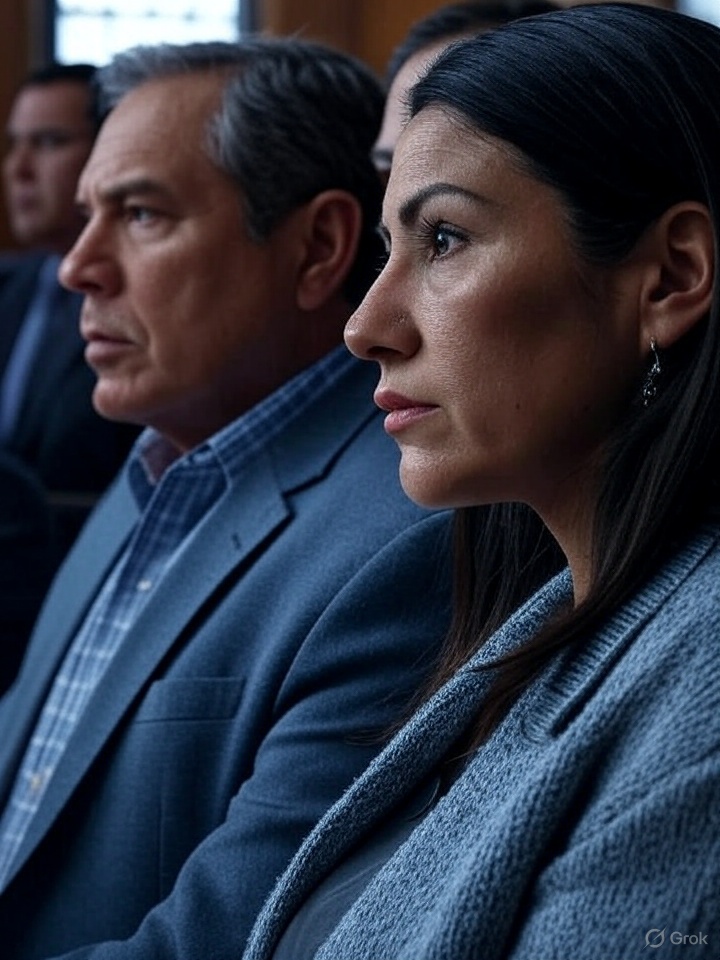The Electoral Tribunal of the State (TEE) in Chihuahua has issued a ruling that clears Morena councilor Miguel Riggs of accusations of gender-based political violence against municipal trustee Olivia Franco. The decision, based on a controversial audio recording, has sparked debate over the handling of such allegations within the party.
The case stemmed from a complaint filed by Franco, who claimed Riggs made derogatory remarks during a city council session. She presented an audio as evidence, which was allegedly recorded during a heated exchange. The TEE, however, found the audio lacked authenticity, undermining the core of Franco’s accusations.
Franco’s legal team argued that Riggs’ comments were not only offensive but constituted a clear case of gender-based political violence, a serious charge under Mexico’s electoral laws. They pointed to specific phrases that they claimed demeaned her role as a female official. The TEE’s ruling, however, dismissed these claims, stating the evidence did not meet the legal threshold for such a violation.
The tribunal’s decision has raised eyebrows, particularly because the audio was also used in a media campaign against Riggs, reportedly backed by Chihuahua Mayor Marco Bonilla. Critics argue this campaign was a calculated move to discredit Riggs, a prominent Morena figure, and question the impartiality of local authorities.
Riggs, for his part, has maintained his innocence, asserting that the accusations were politically motivated. He claimed the audio was manipulated to paint him in a negative light and accused his opponents of orchestrating a smear campaign to weaken his standing within Morena and the local political scene.
The ruling has exposed tensions within Chihuahua’s political landscape, particularly between Morena and other local factions. Observers note that the case highlights the challenges of addressing gender-based violence in politics, especially when evidence is contested or deemed unreliable.
Franco has vowed to appeal the decision, arguing that the TEE’s ruling sets a dangerous precedent for women in politics. She insists that dismissing her complaint undermines efforts to combat gender-based discrimination and violence in public office.
The controversy comes at a time when Morena faces increasing scrutiny over its handling of internal disputes and allegations of misconduct. The party’s leadership has yet to comment on the TEE’s ruling, leaving many to wonder how this will impact its image in Chihuahua and beyond.
This case underscores the broader issue of political accountability in Mexico, where accusations of violence and corruption often become tools in partisan battles. As the debate continues, the public awaits further developments in what promises to be a contentious legal and political saga.

Imagen generada por IA con fines informativos o representativos. Digital Plural se deslinda de cualquier uso o interpretación.
Another Blow for Morena: Riggs Cleared of Gender-Based Political Violence in Chihuahua
Compartir:




